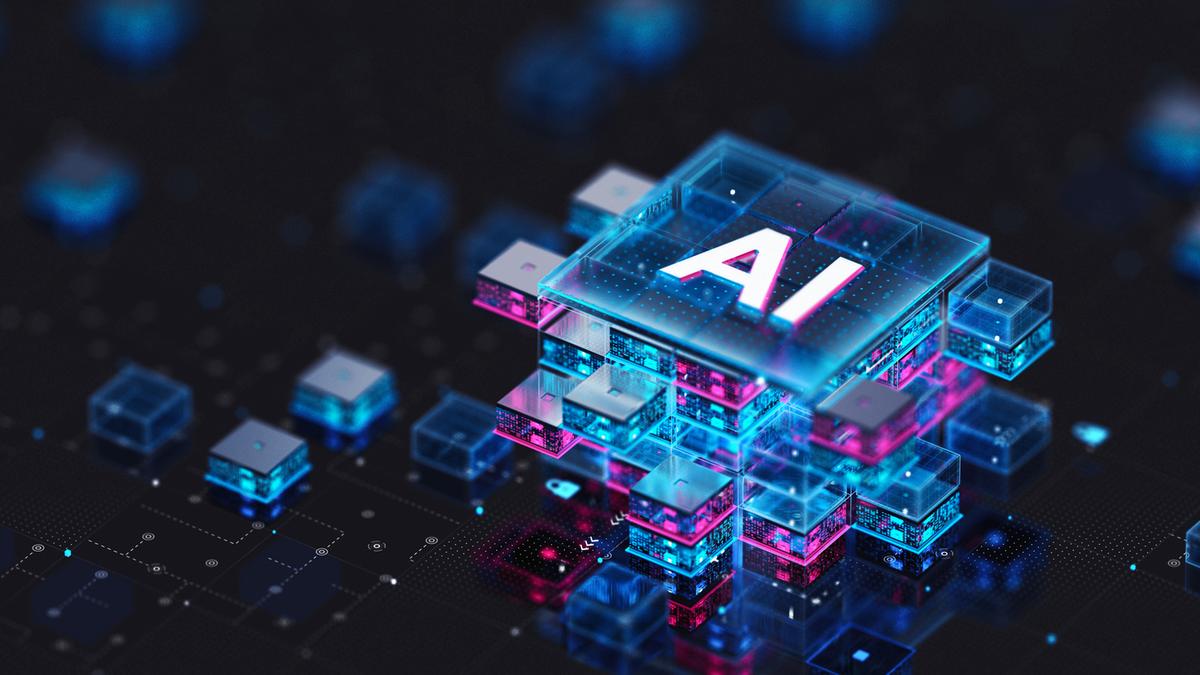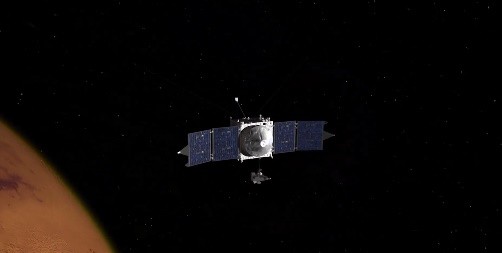



Gartner projects "Earth Intelligence," the application of AI to Earth observation data, as a $20 billion revenue opportunity by 2030 for tech providers. Enterprises are set to dominate spending, exceeding government and military investments, reflecting a significant shift. This rapidly expanding field leverages data for actionable insights across diverse industries, highlighting its burgeoning value.

Copyright infringement not intended
Picture Courtesy: THE HINDU
Gartner, a research and advisory firm, predicts "Earth Intelligence," leveraging AI with Earth observation data, will become a $20 billion market by 2030.
Earth Intelligence is the process of using Artificial Intelligence (AI) to analyze data collected about Earth to solve specific problems for businesses and industries.
Satellites, drones, and other sensors continuously collect a lot of information about our planet, such as images, temperature readings, and movements. Earth Intelligence takes this raw data and uses AI to turn it into useful insights that help companies make better choices.
|
Example: Imagine a satellite taking a picture of a large forest. Earth Intelligence doesn't just show the picture; it uses AI to tell if there are fires starting, how healthy the trees are, or if illegal logging is happening. |
Gartner predicts that Earth Intelligence will create almost $20 billion in new income for technology companies and service providers between 2025 and 2030. The amount of finances spent annually on Earth Intelligence is also expected to grow, reaching over $4.2 billion in 2030, up from nearly $3.8 billion in 2025.
Currently, governments are the main groups collecting and analyzing the basic data that Earth Intelligence uses. However, Gartner expects a big change. By 2030, private businesses will spend more on Earth Intelligence than governments and military groups combined. This means businesses will account for more than half (over 50%) of all investments in Earth Intelligence, which is a huge jump from less than 15% in 2024.
Monitoring Infrastructure => Find fallen trees blocking railroad tracks after a storm, helping them clear the way quickly and prevent delays.
Assessing Global Production => Monitor the temperature of every metal refinery around the world to understand how much metal is being produced globally, which helps them predict market trends.
Analyzing Consumer Behavior => Count vehicles in shopping center parking to understand traffic patterns and consumer shopping trends.
Tracking Supply Chains => Track sea cargo ships to evaluate shipping activities and ensure goods move efficiently around the world.
Must Read Articles:
BASICS OF ARTIFICIAL INTELLIGENCE
Source:
|
PRACTICE QUESTION Q. Analyze the role of Artificial Intelligence (AI) in achieving sustainable development goals (SDGs). 250 words |






© 2026 iasgyan. All right reserved